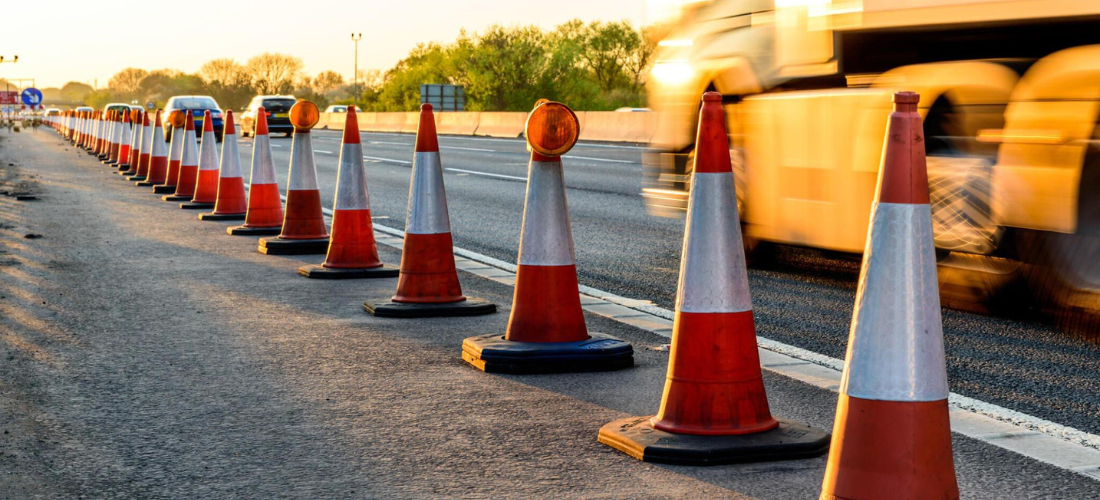In the ever-evolving landscape of road construction and maintenance, innovations that
marry sustainability with functionality are gaining prominence. Bituminous Surface
Treatment (BST) stands as a testament to this evolution, offering a versatile alternative that
goes beyond traditional asphalt solutions. This blog delves into the world of BST, exploring
its applications, benefits, and why it’s transforming the way we approach road surfacing.
Understanding Bituminous Surface Treatment: The Basics
Bituminous Surface Treatment, often referred to as chip seal, is a road surface treatment
that involves the application of a layer of bituminous material and aggregate on the existing
pavement. The bituminous material, usually asphalt emulsion, serves as an adhesive,
binding the aggregate to the road surface. This process creates a durable, skid-resistant, and
weather-resistant surface that can enhance the lifespan of roads.
The Versatility of Bituminous Surface Treatment:
- Cost-Effectiveness: BST offers a cost-effective alternative to traditional asphalt overlays.
Its application requires fewer materials, and the process is generally quicker, reducing
labour and construction costs. This makes it an attractive option for municipalities and
agencies for economical and effective maintenance. - Surface Preservation: Beyond its initial cost benefits, BST acts as a protective layer for the
underlying pavement. It guards against the detrimental effects of weather, UV radiation,
and traffic loads, preserving the integrity of the road surface and extending its lifespan. - Adaptability to Various Road Types: Bituminous Surface Treatment is highly adaptable
and can be applied to a variety of road surfaces, including rural roads, highways, and urban
streets. Its versatility makes it a suitable choice for different traffic conditions and road
specifications. - Quick Application and Minimal Disruption: Unlike major road reconstruction projects, BST
can be applied relatively quickly. The process typically involves minimal disruption to traffic,
allowing for faster project completion and reduced inconvenience to the public. - Environmental Sustainability: BST’s environmental impact is relatively lower compared to
traditional methods. It requires fewer raw materials, and the application process generates
less waste. This aligns with the growing emphasis on sustainable and eco-friendly
construction practices.
Applications of Bituminous Surface Treatment:
- Rural Roads: BST is widely used on rural roads to provide a cost-effective and durable
surfacing solution, enhancing safety and reducing maintenance needs. - Highways: Many highway agencies incorporate BST as a preventive maintenance strategy
to protect and extend the life of their road networks. - Urban Streets: In urban settings, BST can be applied to enhance skid resistance, reduce
road noise, and improve overall pavement performance.
Bituminous Surface Treatment transcends the conventional boundaries of asphalt, offering
a versatile, cost-effective, and sustainable solution for road maintenance. As our
infrastructure needs continue to evolve, embracing innovative and adaptable techniques
like BST becomes paramount. It’s not just about the roads we build today; it’s about laying
the foundation for a resilient

